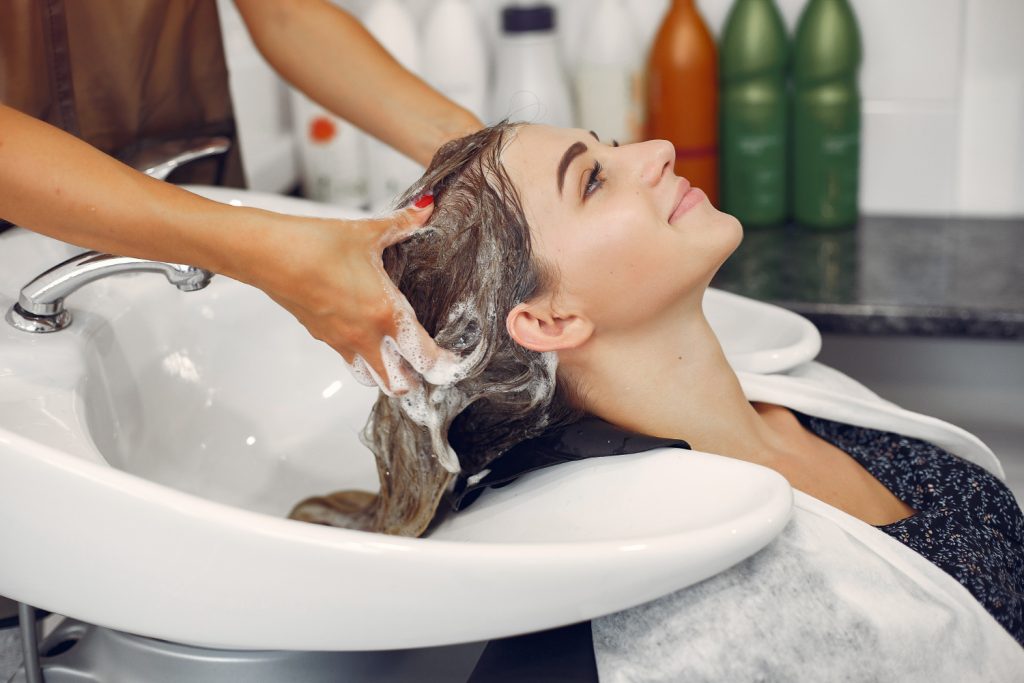
Why Dry Shampoo is a Game-Changer for Busy Lifestyles: Market Trends & Industry Insights
Table of Contents
The beauty industry has witnessed a surge in demand for dry shampoo, driven by changing consumer habits, environmental concerns, and the fast-paced nature of modern lifestyles. Once considered a niche product, dry shampoo has now become a staple in hair care routines worldwide, offering a convenient solution for refreshing hair without water. As a result, beauty brands are expanding their product lines to cater to this growing market, making dry shampoo one of the most lucrative segments in the haircare industry.
Market Trends Driving Dry Shampoo Growth
The global dry shampoo market is experiencing substantial growth, with an expected CAGR of over 6% from 2023 to 2028. Several factors contribute to this expansion:
- Busy Lifestyles & Convenience – Consumers increasingly seek time-saving beauty products that align with their on-the-go routines. Dry shampoo allows users to extend the time between washes, making it ideal for working professionals, students, and travelers.
- Sustainability & Water Conservation – With growing concerns about environmental sustainability, consumers are opting for waterless beauty solutions. Dry shampoo not only reduces water consumption but also minimizes the use of energy-intensive hairdryers.
- Expansion of Product Innovation – Brands are innovating with natural, organic, and scalp-friendly formulas, incorporating ingredients like rice starch, charcoal, and botanicals. Additionally, tinted dry shampoos now cater to various hair colors, ensuring a seamless blend for all users.
- E-commerce & Digital Influence – The rise of online shopping and social media marketing has significantly contributed to the popularity of dry shampoos. Influencers and beauty bloggers frequently endorse these products, accelerating consumer interest and adoption.
Key Industry Players & Market Opportunities
Major beauty brands, including Batiste, Klorane, Living Proof, Moroccanoil, and Dove, dominate the dry shampoo market. However, newer entrants and indie brands are leveraging clean beauty trends to offer sulfate-free, paraben-free, and vegan formulations.
Opportunities for businesses in the dry shampoo sector include:
- Targeting Niche Markets – Specialized dry shampoos for curly hair, color-treated hair, or sensitive scalps offer differentiation.
- Subscription-Based Models – Monthly dry shampoo subscription boxes are gaining traction, ensuring customer retention and recurring revenue.
- Sustainable Packaging – Eco-friendly, aerosol-free, and refillable dry shampoo packaging aligns with green consumer preferences.
- Salon & Professional Use – Collaborating with hairstylists and salons to introduce dry shampoo as a must-have styling product.
Future Outlook: The Continued Evolution of Dry Shampoo
As beauty trends continue to evolve, dry shampoo remains a game-changer for consumers and businesses alike. The demand for convenient, sustainable, and effective haircare solutions ensures that this segment will continue to thrive. Companies that prioritize innovation, sustainability, and targeted marketing will have a competitive edge in this dynamic market.
With ongoing advancements and consumer-driven trends, dry shampoo is poised to remain an essential beauty product, catering to the fast-paced demands of modern lifestyles while offering significant business opportunities for brands worldwide.

